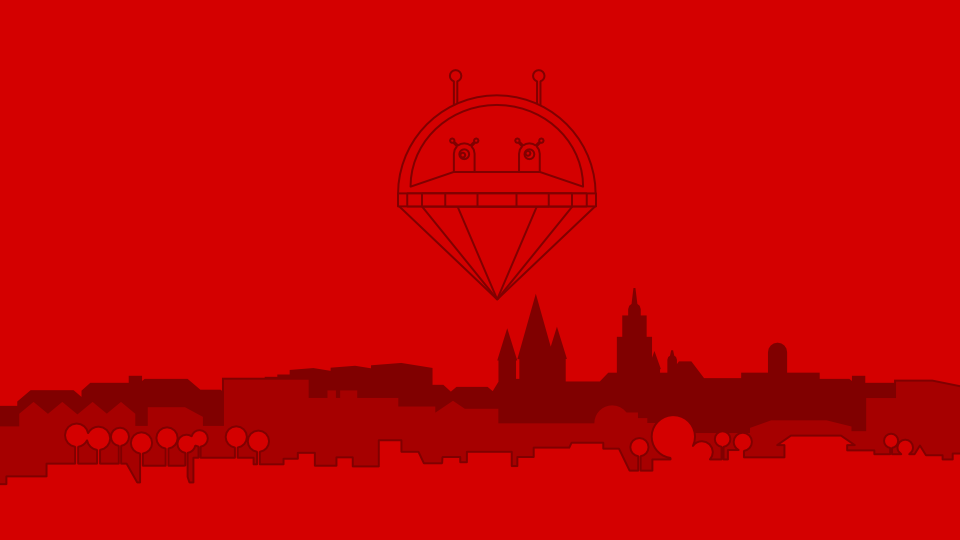Railiens Taking Over
Fear Not: We're Coming with Good Intentions
What is wrong with Germany?
It's no secret that Germany seems to be behind in some IT aspects. Maybe because so many Germans still think in the classic Bavarian paradigm:
1. We've always done it this way.
2. We've never done it that way.
3. Any Hooray Harry could come along and change things …
Consequently, we're fairly slow in adapting new technologies, simplifying bureaucratic procedures and applying the stuff that's already working much more efficiently in other countries. Just like Ruby on Rails.
But we at Opoloo have a long history of looking at the world askew, so our coder Jochen used Rails right from the beginning. And slowly but surely, although there are still not enough Rails developers in Germany to meet the demand for them, people over here are coming to their senses.
Our Rails History
Remember the Rails Hype back in 2005 when Twitter used Ruby? Quite untypical for a hype, however, it was well-founded, substantiated by a strong backbone. It was persistent. It was elegant. After working with Rails for 2 years, we quickly hit the walls; we were on our capacity limit. Here in Germany, this was a problem. Xing was looking for a Rails developer for 2 years! We wanted to work together, share our knowledge with other local Rails developers, but there weren't any. So we thought.
The Rails Society
Funnily enough, almost as if by accident (or by special providence, we are almost inclined to believe), there were people close to us who had quite some experience with Rails as well. We were glad to have found other Railiens and decided to get together to enjoy each others' company and talk nerd, to use synergies, to work together and be able to tackle larger projects.
So we founded The Rails Society as a platform, as a reference institution. It now consists of eight experts with regard to everything relevant for project realization. Here's a short introduction (I'm dead serious about this):
Jochen: Code Cookie Monster & Super Programmer Extraordinaire
Christian: Medical and Code Doctor, E-Commerce Entrepeneur
Josh: Code (and Word) Acrobat & Mr. Nice Guy
Hannes: Frontend and UI/UX Aestheticist & Checked Shirt Expert
Guenther: Presiding Chief of Design & meticulous UI/UX Advocate
Matze: Content Sunnyboy, Game Development and Code Hero
Sandra: Professor of Light Catching & Tough Template Lady
Nino: Wordworker & Content Choirmaster
Our Projects
What we did so far, surprisingly even to us, reads like a pretty good overview of what's possible with Ruby on Rails. Configuration tools, Android & iOS apps, e-commerce, multiplayer online game backend, communication tools, a photography service, frontend development. We don't get tired.
Come Play With Us
It's not as dangerous to play on the railroad tracks as most people think. Besides, we love to be challenged by those big passenger trains, Transsiberian Railways, overnighters, freightliners – in short: We're always happy to take on impossible projects. Also, if you're affiliated with Rails in any way, let's have a coffee and a talk (even if only virtually). We’re definitely interested in collaboration. That’s why created this Railiens platform in the first place. We’d like to motivate an exchange of ideas, philosophy, practice, projects, helping hands. Do say hello!


